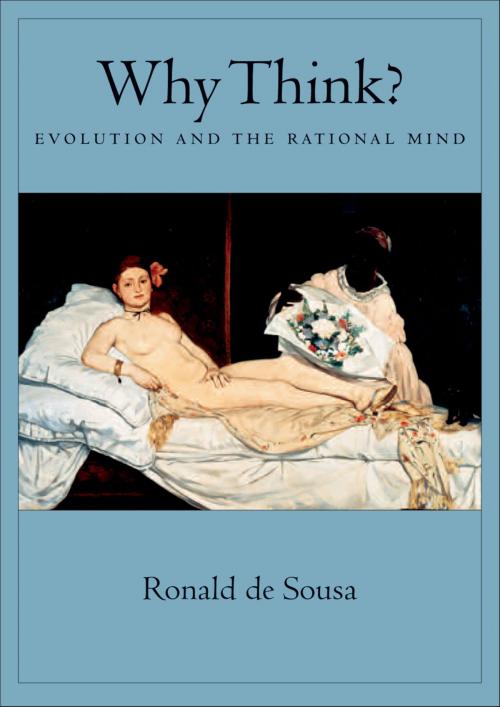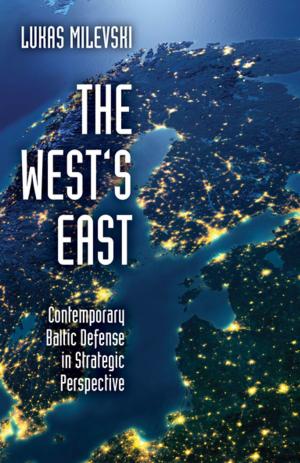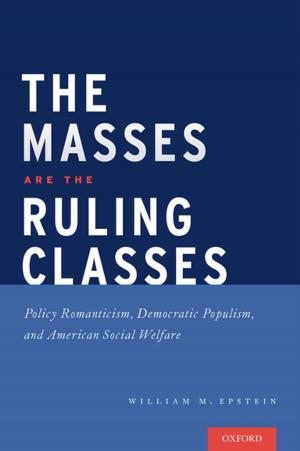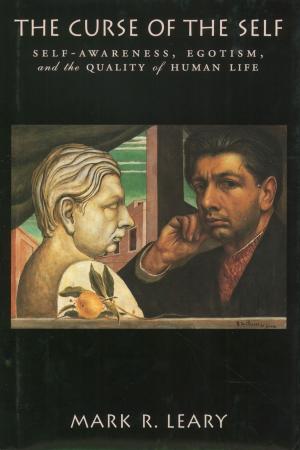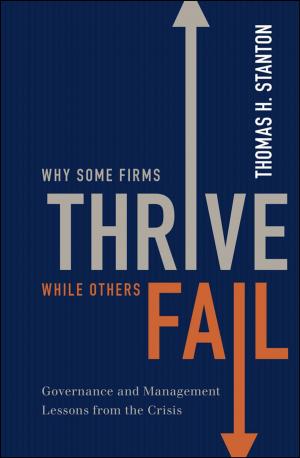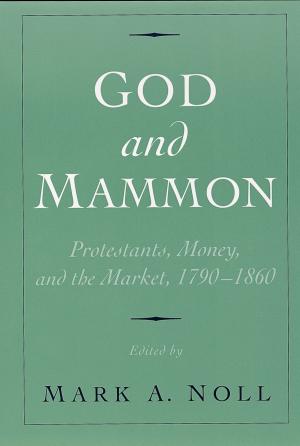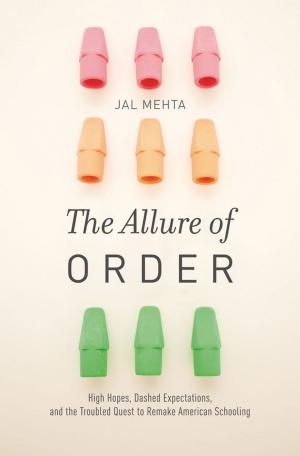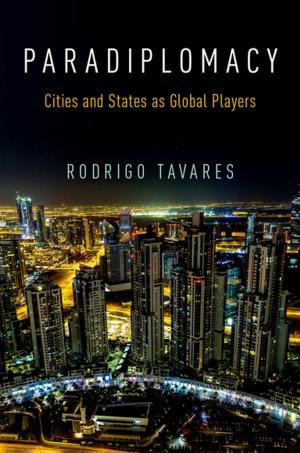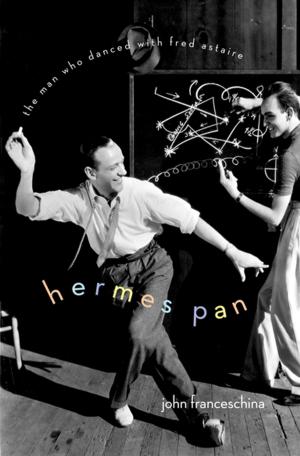Why Think?
Evolution and the Rational Mind
Nonfiction, Science & Nature, Science, Biological Sciences, Evolution, Religion & Spirituality, Philosophy, Mind & Body| Author: | Ronald de Sousa | ISBN: | 9780190293536 |
| Publisher: | Oxford University Press | Publication: | June 25, 2007 |
| Imprint: | Oxford University Press | Language: | English |
| Author: | Ronald de Sousa |
| ISBN: | 9780190293536 |
| Publisher: | Oxford University Press |
| Publication: | June 25, 2007 |
| Imprint: | Oxford University Press |
| Language: | English |
In a world where natural selection has shaped adaptations of astonishing ingenuity, what is the scope and unique power of rational thinking? In this short but wide-ranging book, philosopher Ronald de Sousa looks at the twin set of issues surrounding the power of natural selection to mimic rational design, and rational thinking as itself a product of natural selection. While we commonly deem ourselves superior to other species, the logic of natural selection should not lead us to expect that nature does everything for the best. Similarly, rational action does not always promote the best possible outcomes. So what is the difference? Is the pursuit of rationality actually an effective strategy? Part of the answer lies in language, including mathematics and science. Language is the most striking device by which we have made ourselves smarter than our nearest primate cousins. Sometimes the purely instinctual responses we share with other animals put explicit reasoning to shame: the movements of a trained athlete are faster and more accurate than anything she could explicitly calculate. Language, however, with its power to abstract from concrete experience and to range over all aspects of nature, enables breathtakingly precise calculations, which have taken us to the moon and beyond. Most importantly, however, language enables us to formulate an endless multiplicity of values, in potential conflict with one another as well as with instinctual imperatives. In short, this sophisticated and entertaining book shows how our rationality and our irrationality are inextricably intertwined. Ranging over a wide array of evidence, it explores the true ramifications of being human in the natural world.
In a world where natural selection has shaped adaptations of astonishing ingenuity, what is the scope and unique power of rational thinking? In this short but wide-ranging book, philosopher Ronald de Sousa looks at the twin set of issues surrounding the power of natural selection to mimic rational design, and rational thinking as itself a product of natural selection. While we commonly deem ourselves superior to other species, the logic of natural selection should not lead us to expect that nature does everything for the best. Similarly, rational action does not always promote the best possible outcomes. So what is the difference? Is the pursuit of rationality actually an effective strategy? Part of the answer lies in language, including mathematics and science. Language is the most striking device by which we have made ourselves smarter than our nearest primate cousins. Sometimes the purely instinctual responses we share with other animals put explicit reasoning to shame: the movements of a trained athlete are faster and more accurate than anything she could explicitly calculate. Language, however, with its power to abstract from concrete experience and to range over all aspects of nature, enables breathtakingly precise calculations, which have taken us to the moon and beyond. Most importantly, however, language enables us to formulate an endless multiplicity of values, in potential conflict with one another as well as with instinctual imperatives. In short, this sophisticated and entertaining book shows how our rationality and our irrationality are inextricably intertwined. Ranging over a wide array of evidence, it explores the true ramifications of being human in the natural world.
